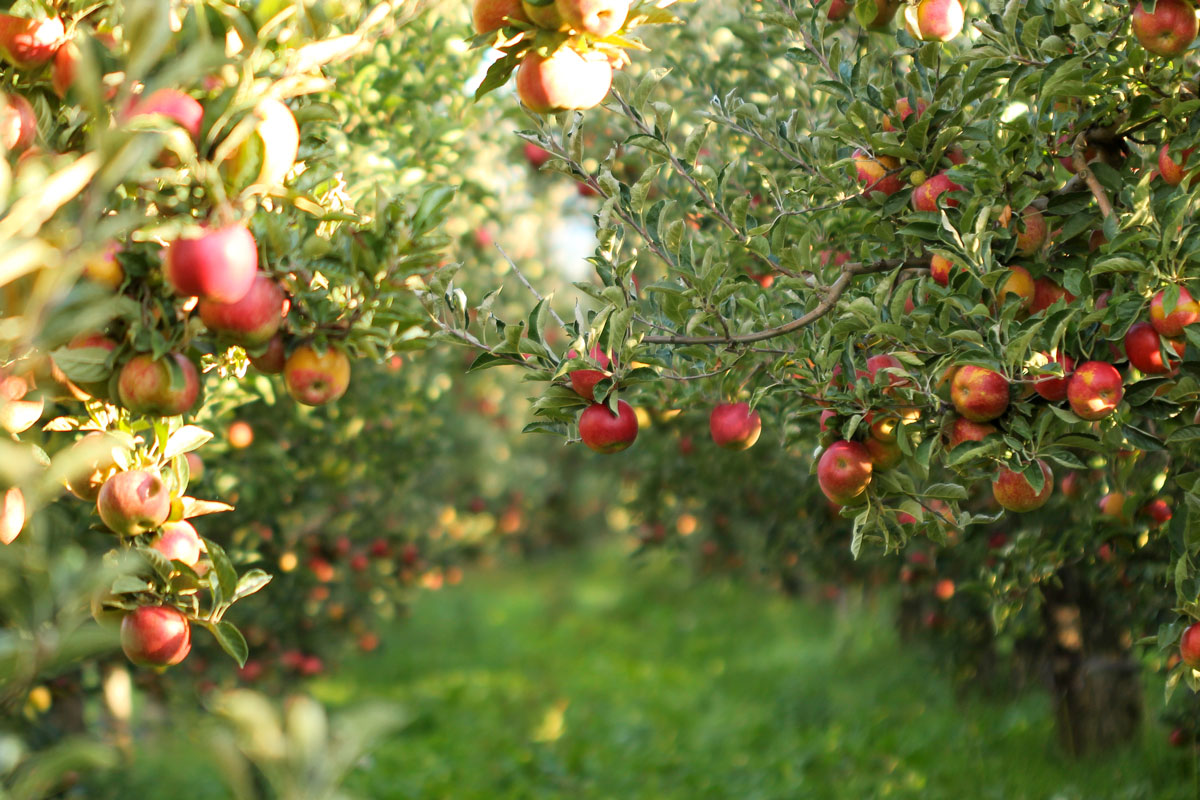The organic sector confirms its strong growth in Italy, also in the long term. Since 2010 production grew by +78.9%. This translates into growth in employment, sales (including e-commerce), and export sales. Another strong point of the Italian food industry is represented by PDO, PGI and TGS products: a world record of 824 different products (300 foods and 524 wine) which corresponds to 26.8% of the world total.
The Farm to Fork strategy, presented in May 2020 by the European Commission, is a ten-year plan aimed at accelerating the transition to a healthy and sustainable food system. The goals to be achieved by 2030 are very ambitious, but equally not postponable: reducing by 50% the use of pesticides and by 20% of fertilizers. Moreover, reducing by 50% antimicrobials for farm animals and aquaculture, and greenhouse gas emissions from agriculture and livestock. As well as increasing organic farming up to 25% of UAA (utilised agricultural area).
Click here to discover the authentic Italian organic food products
ITALIAN FOOD BETS ON QUALITY AND SUSTAINABILITY
David Brussa, Total Quality Director and sustainability at illycaffè, presents a leading company that is more than 90 years old and has always been committed to sustainability. Illy asks coffee producers for an always better quality, but also rewards those who can grant it and are sustainable: the Virtus Agriculture program selects the most sustainable techniques. Together with the Universities of Udine and Trieste, illycaffè holds a master’s degree to transfer a know-how that is evaluated by a third party. The next goal of the company – which has four fixed points: quality, sustainability, certification, neutrality – is to reach climate neutrality by 2030.
“Sustainability is an essential component of quality, it goes without saying,” says Ugo Peruch, director of the Agricultural Service at Mutti, Italy’s 120-year-old leading canned tomatoes company. Mutti has always aligned its production chain on quality goals. Suppliers know that Mutti is very demanding in approving products, but they also know that quality is rewarded.
“There is a pact with consumers, and we want to be always up to it. Mutti is not only tomato: it is recyclable packaging, price consistent with product positioning, and certified environmental policy. In fact, we have been doing integrated production for 20 years now” – Peruch says. The company pays attention to water saving in crops, biodiversity, as well as air and water quality. Having achieved the goal of environmental sustainability, now Mutti is trying to pursue economic and social sustainability too.
GREEN DEAL: HOW TO VALUE FOOD PRODUCTS
“When we talk about Green Deal we need to have an overview, it is not just Farm to Fork. In the coming years there will be important developments that we want to see as opportunities for agriculture” – says Alessandra De Santis, CIA European Affairs Manager. The EU community agricultural policy agreements can certainly be improved, but they are a good starting point. The goal is a greener and more digital Europe, “to help agribusiness in the transition to environmental, economic and social sustainability. We take up the challenge of the Green Deal to support the European and Italian agricultural system, recognizing and valuing what farmers have done and are still doing” – De Santis says.

